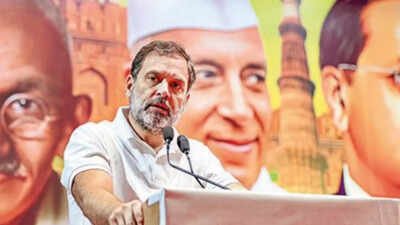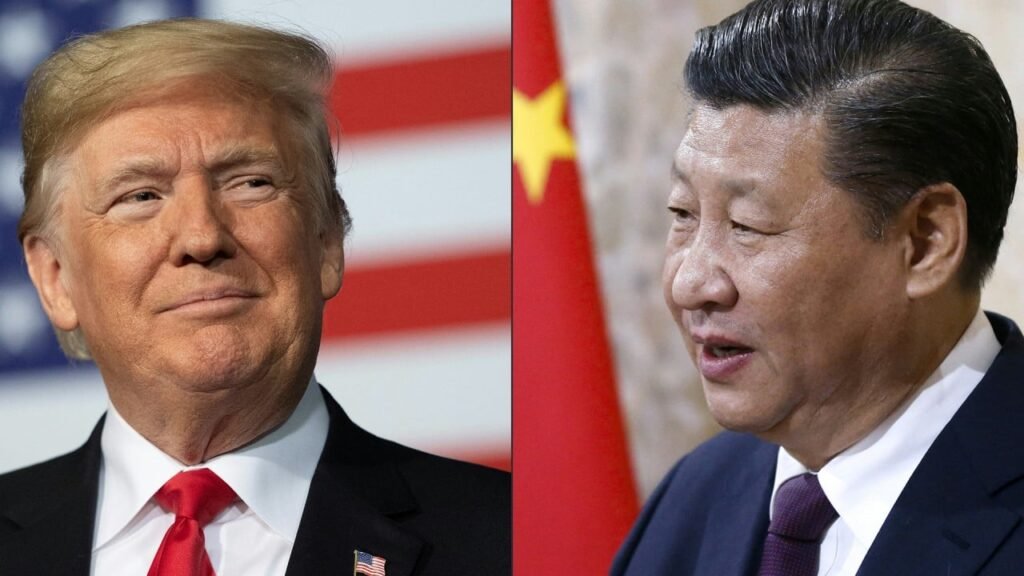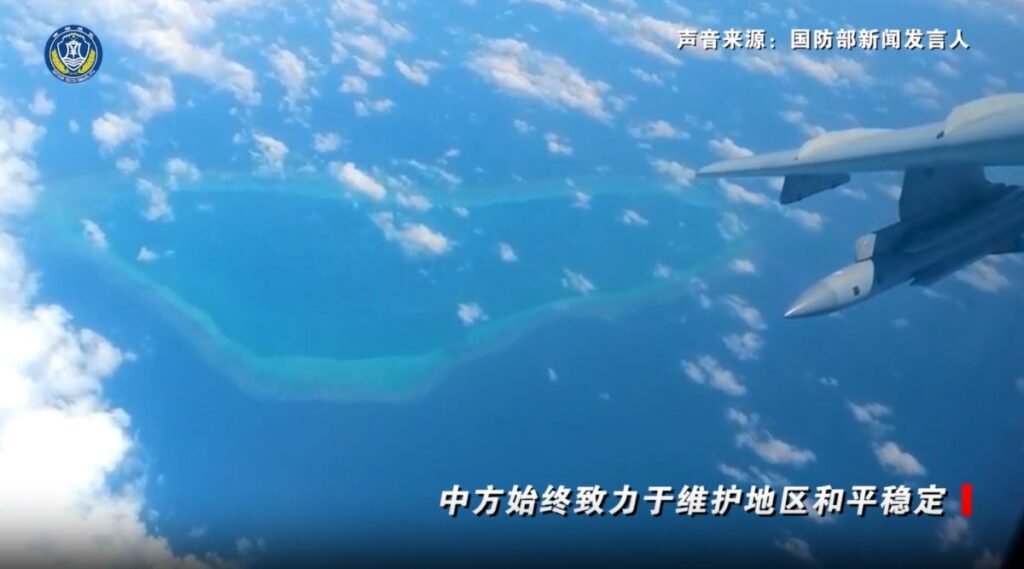Today’s ESG Updates
- Tropical Forests Forever Facility Gains China’s Backing: China’s support for Brazil-led global fund signals emerging market leadership in climate finance.
- Brussels to Stockpile Critical Minerals: Facing growing geopolitical and climate threats, the EU announces a coordinated stockpiling plan.
- New Legal Decision Links Climate Action and Human Rights: The Inter-American Court of Human Rights declared that the climate crisis requires urgent government action.
- Pakistan’s Solar Surge Strains Grid: As more households switch to off-grid solar, policymakers in Pakistan must strike a balance between equity, economics, and sustainability.
Klimado – Navigating climate complexity just got easier. Klimado offers a user-friendly platform for tracking local and global environmental shifts, making it an essential tool for climate-aware individuals and organizations.
China to invest in Brazil-led tropical forest fund
China has indicated its intention to invest in the Tropical Forests Forever Facility (TFFF), a Brazil-led global fund aimed at conserving endangered tropical forests. The decision marks a significant shift in climate finance, with emerging economies stepping up to support conservation efforts that wealthy nations have historically funded. The fundm, envisioned as a $125 billion endowment, seeks contributions from the sovereign and private sectors to reward countries for preserving their tropical forests. China’s support could pave the way for broader financial commitments from resource-rich developing countries ahead of COP30 in Brazil, highlighting tropical forest conservation as a crucial solution for climate and biodiversity preservation.
***
Further reading: China signals investment in Brazil-led global forest fund, sources say
The EU is stockpiling critical minerals as a strategy to boost security


The European Commission is developing emergency stockpiles of critical minerals, cable repair kits, and essential supplies to enhance the EU’s resilience amid increasing geopolitical and climate risks. The draft strategy calls for the stockpiling of food, medicines, nuclear fuel, rare earths, and repair modules to counter threats such as cyberattacks and major supply chain disruptions. With the EU warming twice as fast as the global average and facing increased security threats, the initiative emphasizes regional cooperation, private sector incentives, and alignment with NATO.
***
Further reading: Brussels to stockpile critical minerals because of war risk
Inter-American court calls the climate crisis a human rights emergency, urges immediate government action


The Inter-American Court of Human Rights issued a landmark advisory opinion last Thursday, declaring the global climate crisis a legal emergency that requires urgent government action. The court emphasized states’ human rights obligations to mitigate climate-related harms, protect vulnerable populations, and safeguard environmental defenders, who face alarming levels of violence worldwide. It also recognized nature’s legal rights to maintain ecological processes, promoting a shift from viewing nature as mere property to an Earth-centered approach. This ruling underscores the importance of science-based decision-making at a critical time when natural disasters and extreme temperature changes have taken full force this summer.
***
Further reading: Nations Must Act to Face Climate Crisis, Top Regional Court Says
Solar adoption booms in Pakistan, but policy risks loom


Pakistan is facing a growing crisis as its booming rooftop solar market, fueled by Chinese panels, threatens the stability of its national grid. The government has proposed slashing net metering rates and taxing imports to slow adoption, citing a $529M burden on non-solar users and grid viability risks. While demand for panels and batteries remains high, experts warn that penalizing clean energy could harm low-income consumers seeking alternatives to unreliable and expensive power. Policymakers are now caught between the pursuit of energy equity, debt obligations, and the accelerating shift toward decentralized solar power.
***
Further reading: Shift to solar comes at a price for Pakistan’s national grid
Editor’s Note: The opinions expressed here by the authors are their own, not those of impakter.com — Cover Photo Credit: Pablo Azurduy








